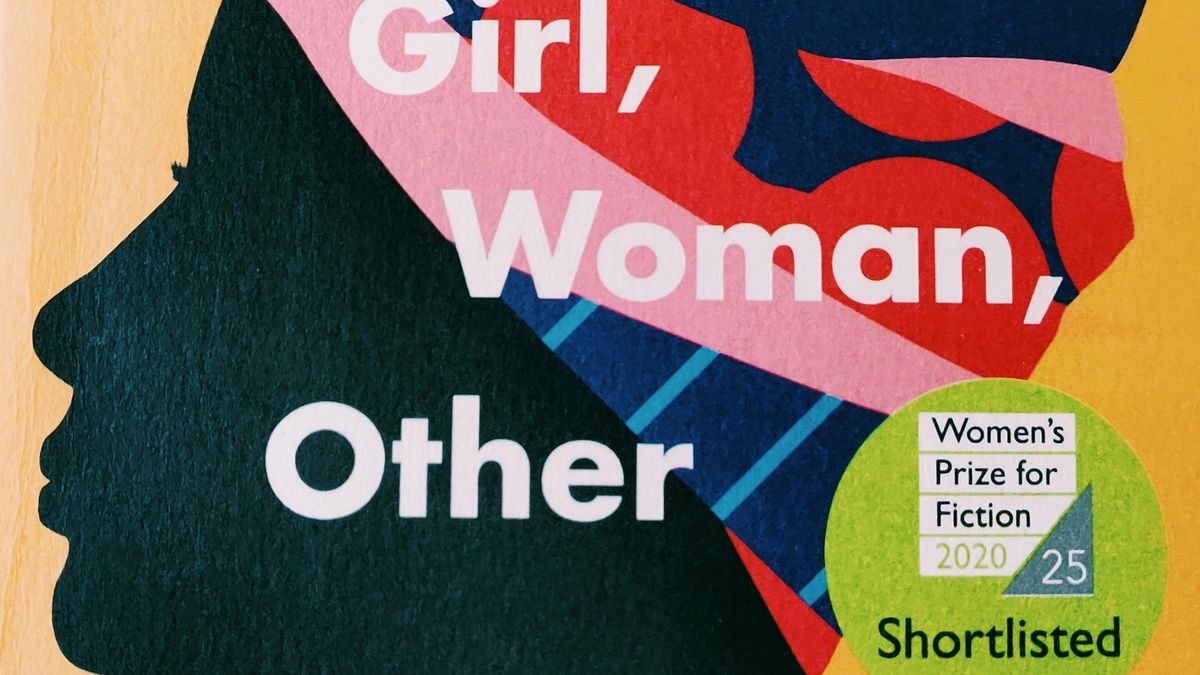
Girl, Woman, Other by Bernardine Evaristo
I'm not going to lie I don't have the best history with winners of the Booker Prize. As Booksellers we always had to be in the know about all the latest prizewinners, from the Theakston's Crime Award, through the Pulitzer and to the Nibbies. I always watched these with interest, especially the Children's Awards. But it was the Booker Prize that I always felt the least excited about. Our Book Group always read the Booker Prize winning novel and this was usually met with mixed reviews and looks of bafflement. The Booker Prize always felt slightly inaccessible and a bit too clever for me. At the time of writing this review, the Booker Winner for 2020 has just been announced - Shuggie Bain by Douglas Stuart. So, only a year behind, I turned my attention to a book I had been putting off reading which was the 2019 winner Girl, Woman, Other by Bernardine Evaristo. I am delighted to report that I have broken my duck and found a Booker Winner that I thought was fantastic, unsettling and most of all important.
Girl, Woman, Other features 12 chapters about 12 different characters all linked in some way to each other. We start with theatre director Amma, a former radical feminist and her history as she decides she wants to throw a metaphorical 'grenade at the establishment'. I was left wondering if Amma was the most like the author, her story felt the most personal and felt as if we were reading Evaristo's own history. We hear from Amma's daughter, Yazz, her former business partner Dominique and there the novel begins to span out to other characters living in different times, all over the UK and each somehow linked to each other. The climax of the novel is the play's after show party where we see the majority of the cast together. It's beautifully done and poignant.
The importance of the novel is the experience of individual characters. The blurb on the back of the book describes it as 'The Story of Britain that has never been told'. It is a story of assumptions, prejudice and ignorance told through 12 very different struggles in a white-centric society. It is a story that I was not aware of and one which I endeavour to keep learning about. It is marvellous, deeply personal and at times I felt uplifting as well. Evaristo has done justice to her characters, the writing and syntax feels at times, poetic but never inaccessible, unnecessary or flowery.
So in conclusion, I am delighted that I read this Booker Prize Winner. It has opened my eyes to the unwritten history of this country. It's a fascinating and challenging read but is accessible and marvellous. I can't wait to read more by this author.



